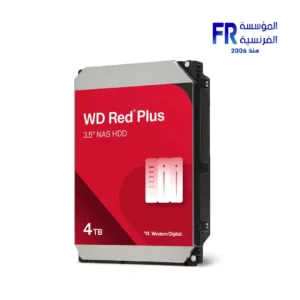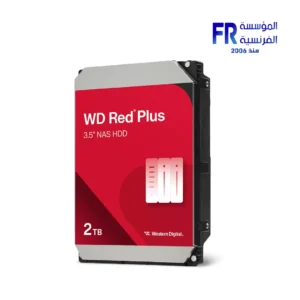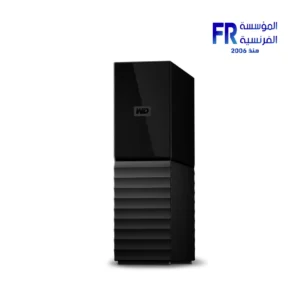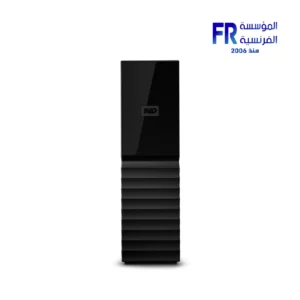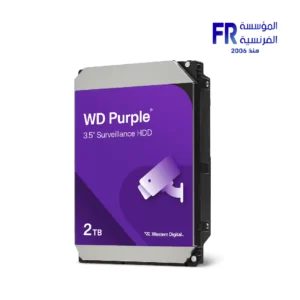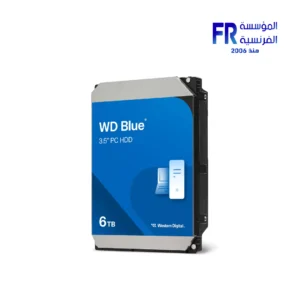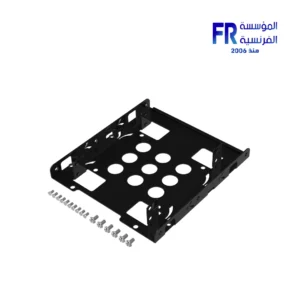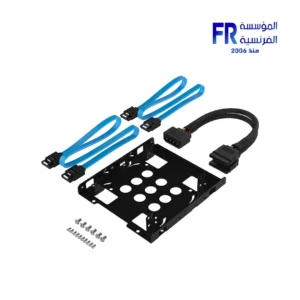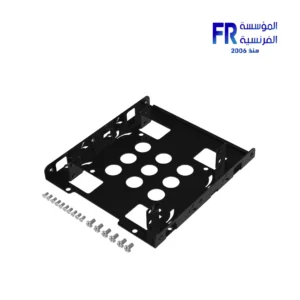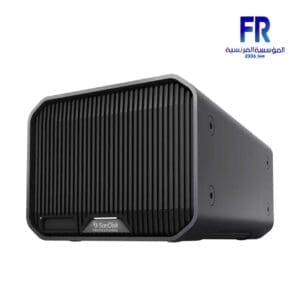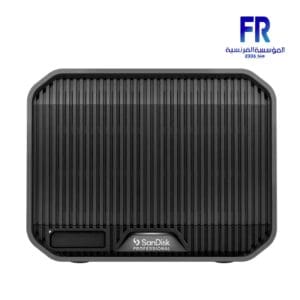Hard disk drives (HDDs) are the most traditional type of secondary storage. They use spinning platters coated with magnetic material to store data. HDDs are relatively inexpensive and have a large storage capacity, but they are also slower and less reliable than SSDs.
Here are some of the pros and cons of using HDDs:
Pros:
-
Inexpensive:
HDDs are one of the most affordable types of storage available.
-
High capacity:
HDDs can store a large amount of data, making them a good option for storing large files such as movies, music, and photos.
-
Reliable:
HDDs are generally reliable storage devices, but they can be more susceptible to failure than SSDs.
Cons:
-
Slow:
HDDs are slower than SSDs, which can make them feel sluggish when loading programs and files.
-
Noisier:
HDDs can be noisy, especially when they are under heavy load.
-
Less durable:
HDDs are less durable than SSDs and can be damaged by physical shocks or vibrations.
Overall, HDDs are a good option for users who need a lot of storage space at an affordable price. However, if you need the fastest possible performance or need to store data that is critical, you may want to consider using an SSD instead.
Here are some tips for using HDDs:
- Back up your data regularly. HDDs are more susceptible to failure than SSDs, so it is important to back up your data regularly to protect yourself from data loss.
- Defragment your drive regularly. Defragmenting your drive can help to improve performance by organizing your files in a more efficient way.
- Keep your drive cool. HDDs can overheat if they are not properly ventilated, which can lead to failure.
- Avoid physical shocks and vibrations. HDDs are more susceptible to damage from physical shocks and vibrations than SSDs.
If you are using an HDD, it is important to take steps to protect your data and extend the life of your drive.


